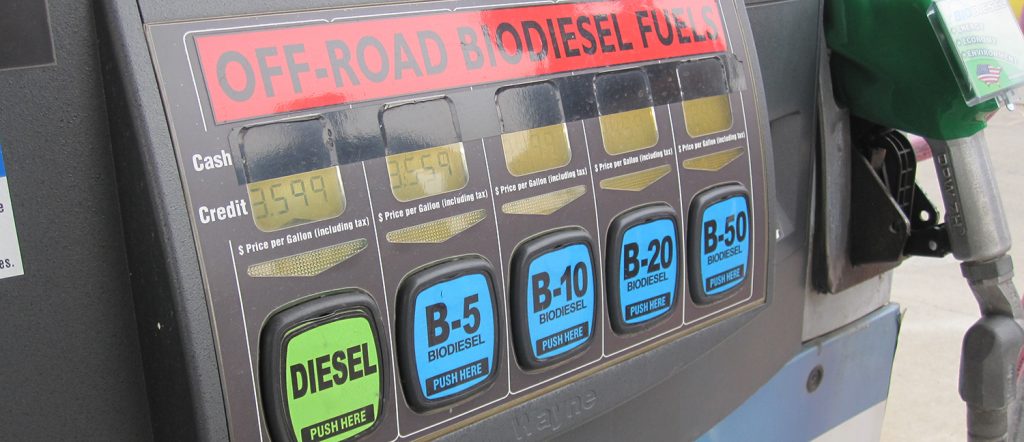Given recent heavy rains and flooding in southern Minnesota, grain buyers need to be reminded that the Food and Drug Administration (FDA) has policies related to flood-damaged grain. The FDA considers flood water to be inherently unsanitary and deems grains, oilseeds, feed and feed ingredients (including distillers grain) and food that has been in contact with flood water, to be unfit for human consumption or animal feed unless reconditioned (in the case of animal feed). This includes grain and oilseeds that might be destined for an ethanol plant or soybean processor because of the resultant use of the co-products (DDGs and soybean meal) in animal feed.
The agency is concerned because of: 1) potential for microbiological contamination (such as pathogens and bacteria); 2) potential for microbial toxin production (such as aflatoxin or other mycotoxins); 3) increased likelihood that the commodity may decompose; and, 4) potential for other contaminants (such as sewage, pesticides, chemical wastes and other toxic substances) that may be present in flood water and remain on the commodity after the flood water recedes.
If the edible portion of a crop is exposed to flood waters, it is considered adulterated and should not enter human food channels. The FDA recommends that these crops be disposed of in a manner that ensures they are kept separate from crops that have not been flood damaged, to avoid adulterating “clean” crops.
Further details on these policies can be found on the FDA website.





